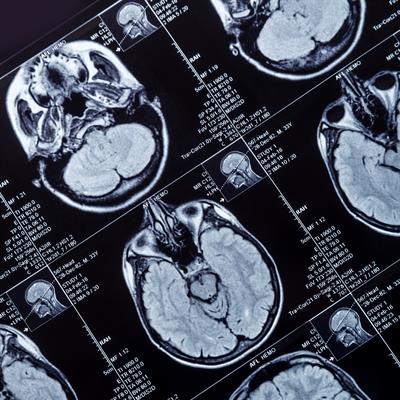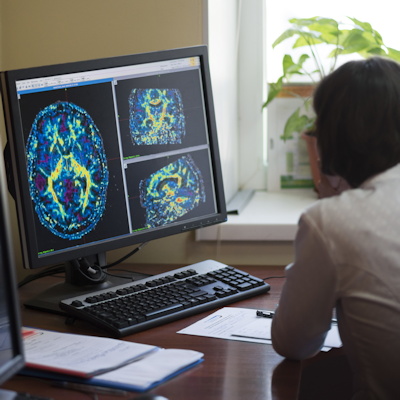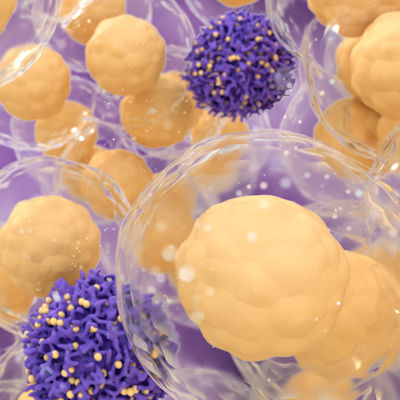December 21, 2022 -- Researchers at Cold Spring Harbor Laboratory have discovered a vulnerability within the brain cancer glioblastoma, in the form of a protein called BRD8. Their research, published on Wednesday in Nature, may finally lead to new treatment options and better patient outcomes for this often-fatal disease.
Glioblastoma is the most common and deadly adult brain malignancy. Effective treatment options are currently unavailable; the norm is to perform surgery, followed by harsh chemotherapy drugs. Most patients die within two years and few live past five years -- a statistic that hasn't improved in decades.
The CSHL team recently shed light on the long-running mystery surrounding glioblastoma's aggressiveness. The TP53 gene provides instructions for making the tumor protein P53. This protein acts as a tumor suppressor. A staple in the body's natural cancer defenses, P53 prevents cells from overgrowing and turning into tumors. Almost all cancers depend on P53 becoming mutated, hence disabled. However, in most glioblastoma cases, P53 remains unscathed. The reason for this was unknown.
This question led the researchers to link P53 to another protein, BRD8, which shuts down access to genes in chromosomes. When a gene is wound up tightly, it is as if it were in hibernation, and cannot be used. The team discovered that BRD8 became inappropriately active in glioblastoma. They found that this rogue BRD8 was crippling P53 in a completely new way, keeping many of P53's critical anticancer defenses at rest.
The team implanted tumor cells from glioblastoma patients into mice and observed the tumors growing in their brains. When the researchers inactivated BRD8 via genome editing, P53's arsenal was unlocked and suddenly began actively blocking tumor growth. The tumors stopped growing and the mice lived longer.
The findings suggest that drugs targeting BRD8 could work against glioblastoma. The team hopes their discovery will help turn this deadly brain cancer into a treatable disease and, for the first time, extend the life expectancy of patients who are diagnosed with it.
"It's like BRD8 is saying 'no entry' to P53's tumor-preventing power, but when we hit BRD8 in the right way -- go in there almost like a scalpel, but molecularly -- the tumor is annihilated," CSHL professor and co-author Alea Mills, said in a statement.
Copyright © 2022 scienceboard.net












